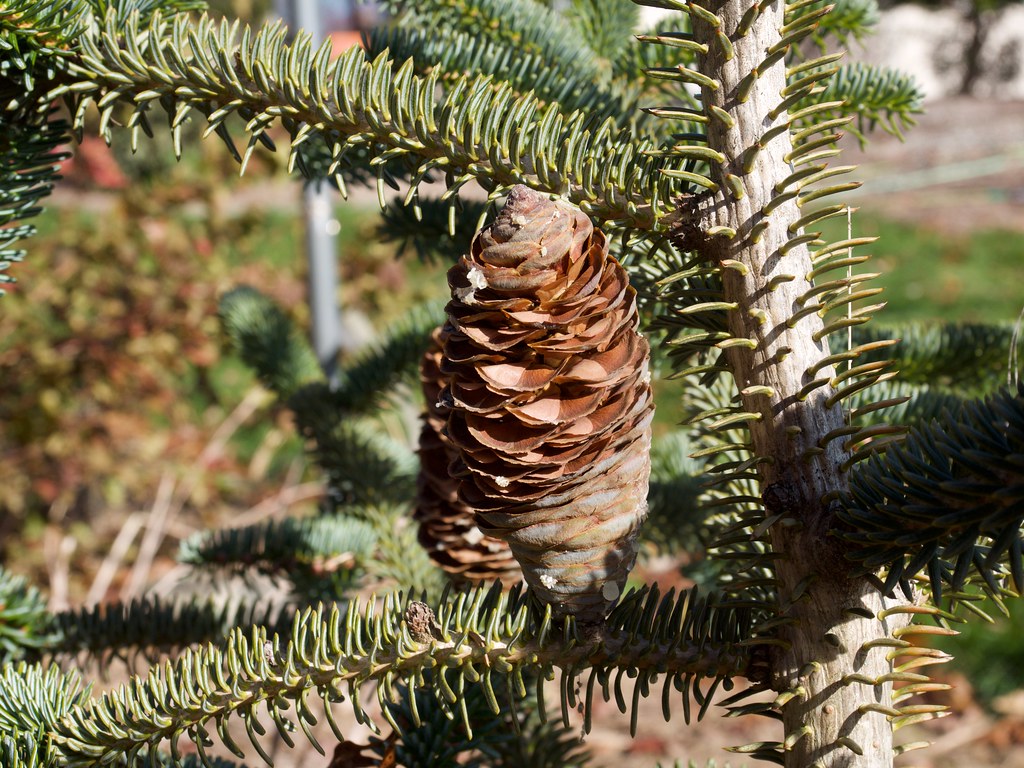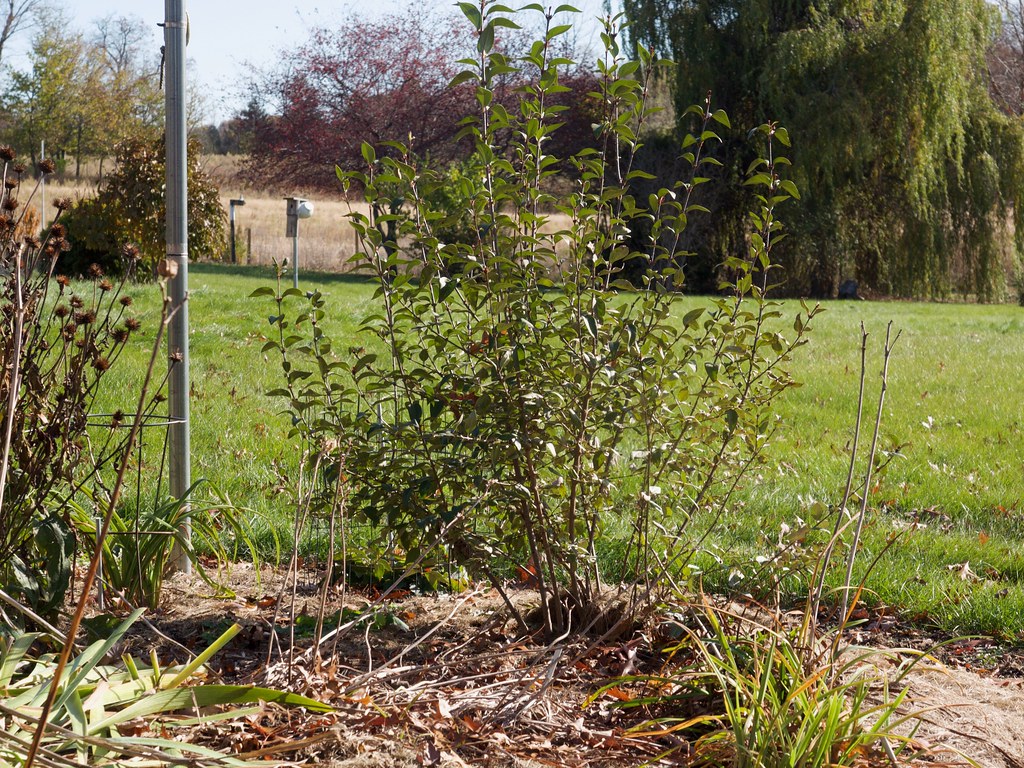 Well being advisors say we have to eat extra fish high in Omega 3 oils and salmon is a kind of fish that we are speculated to devour extra of. However while you get to the store there are tags that say 'farm raised' or 'wild caught' on the salmon. What do they imply and how do those differences influence you?
Well being advisors say we have to eat extra fish high in Omega 3 oils and salmon is a kind of fish that we are speculated to devour extra of. However while you get to the store there are tags that say 'farm raised' or 'wild caught' on the salmon. What do they imply and how do those differences influence you?Farm Raised Salmon is Fattier
You'd suppose that if we're purported to be eating extra omega-three oils that fattier salmon can be a superb thing, nevertheless it isn't on this case. Because they're fattier they do comprise extra omega-3 oils, but they also contain extra omega-6 oils that are linked to inflammatory responses and increased chanced of ailments akin to most cancers.
Wild coho salmon have an omega-3 to omega-6 ratio of 15.three:1. Compared farmed raised coho have a ratio of three.1:1. The lower ratio implies that the enzymes that convert these fat into the forms during which they are active in the body are more possible for use up by the omega 6 fats.
Wild Salmon Have Extra Omega-three Oils
Probably as a result of farm raised fish are fed a weight-reduction plan of processed meals, which you'll liken to feeding us quick food daily. Wild fish on the other hand are having to work their manner by way of chilly waters chasing recent meals on daily basis. I suspect that that is key difference within the oil content material between farmed and wild salmon.
Higher Pollutant Ranges
Two studies-one in British Columbia and one in Nice Britain are exhibiting that farmed salmon accumulate more cancer-causing PCBs and toxic dioxins than wild salmon. There are several reasons for this but one key cause is the feed they're given.
Salmon chow incorporates fish oil-extracted from sardines, anchovies and other floor-up fish. Now whereas these are fish that salmon would normally eat, they're fed it in increased concentrations than they normally would get within the wild. These feed inventory fish are accumulating their chemical loads from our waste and air pollution and in flip it's making its means again to us.
To make matters worse most of those chemicals are fats soluble. This means that the fish with probably the most fats contain probably the most chemical compounds. As said before, farmed fish are fattier than wild salmon, so in flip you're getting an even bigger dose of most cancers inflicting chemical compounds.
Farmed salmon from U.S. grocery stores was examined and was discovered to contain sixteen times the PCBs present in wild salmon. Different studies performed in Canada, Eire and Britain have produced related findings.

Pale Trying Salmon? They Can Repair That!
As a result of they are not swimming wild consuming and don't get to soak up carotenoids from eating pink krill. With out therapy, farmed salmon could be pale and virtually halibut wanting.
To fix this pale meat drawback, salmon farmers use a chemical called Canthaxanthin to color their fish's meat any shade of pink that they want. There may be even a coloration chart that they will choose from like you would find at the paint store!

Canthaxanthin is of course one thing you do not need to eat as it is linked to retinal injury called canthaxanthin retinopathy, which is the formation of yellow deposits on the attention's retina. we know this because it was present in tanning drugs. Canthaxanthin has also been reported to trigger liver damage and a extreme itching situation referred to as urticaria, in keeping with the AAD.
Farmed Fish is Unhealthy for the Enviroment
If the well being causes weren't enough reason to put you off eating farmed salmon, take a while to do some research on the environmental effects of salmon farms on our waters and on wild salmon. Personally I wish to see extra work being achieved to protect out waters and promote wild grown salmon than farming them as we're at this time.
This isn't to say that farmed salmon does not have a future. Natural salmon farming is on the horizon. The proposed Galway Bay salmon farm is to be located a mile from any land mass in an area that has good currents to flush particles from the pens. Additionally the enclosures are much, a lot bigger than customary farms, bettering the general well being of the fish and surrounding waters.
If the salmon farming communities move to services like this, then farmed salmon could turn out to be better to eat and better for you, but for now I'll stick with my wild caught salmon.
0 Comments